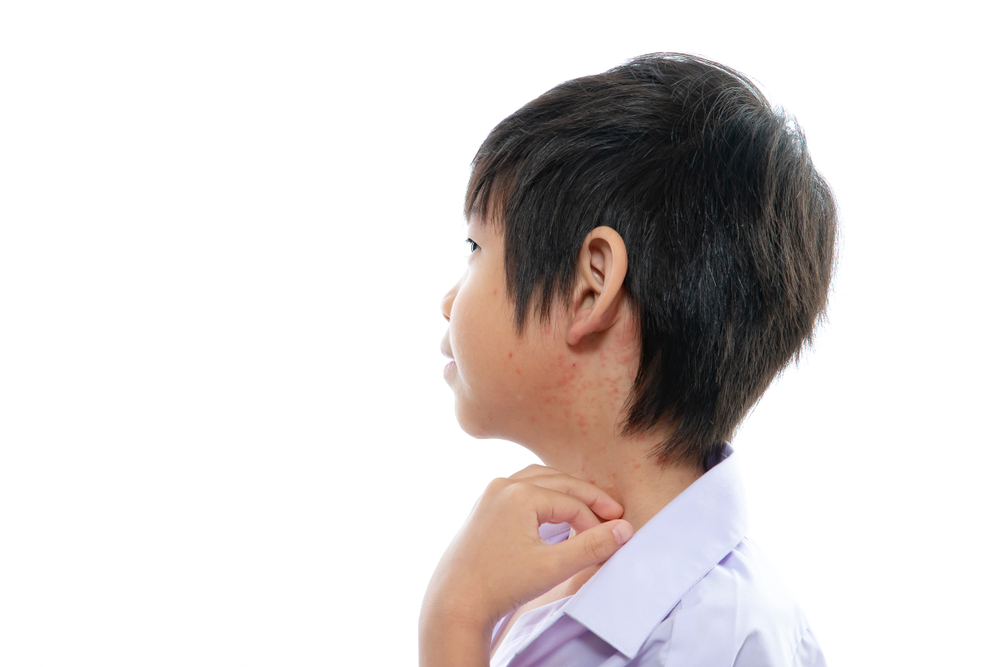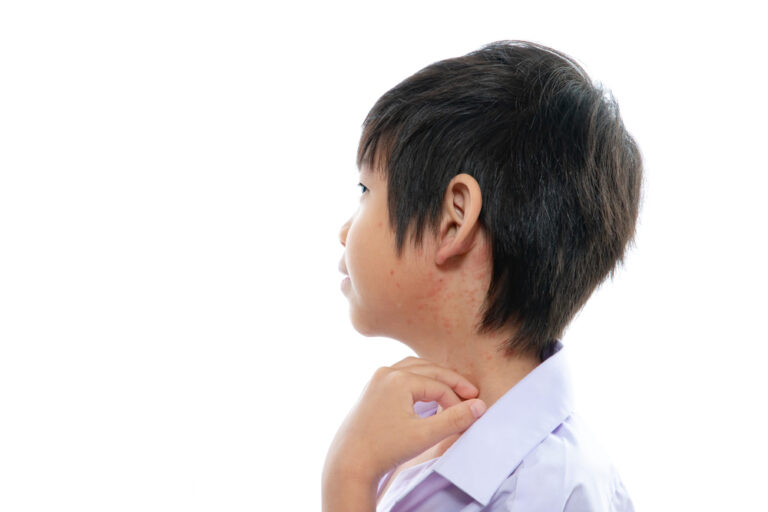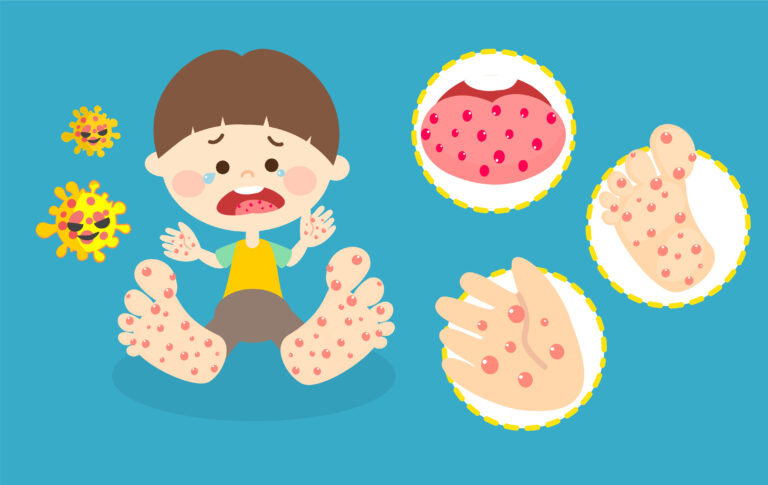Parenting Tips
April 2024

Written by: Stage and TV scriptwriter Cheung Fei Fan
On a Saturday morning, I took my five-and-a-half-year-old son and three-and-a-half-year-old daughter to volunteer for flag selling for the first time. The little rascals were initially thrilled, but after the excitement wore off in three minutes, both of them started clamoring to go home. As parents, we of course understood; firstly, the weather was hot, and young children have limited patience; secondly, the streets were bustling with traffic and pedestrians rushing back and forth, and with their small statures, they were soon lost in the crowd. Passersby hurried on their way, paying no attention to them. The two little “emperors,” who are usually the center of attention, probably experienced being ignored for the first time in their lives. As a father, I secretly cheered, thinking this was a perfect opportunity for them to understand that they are not the center of the world. At the same time, it could also let them experience what it means to “every grain of rice is hard-earned.”
My wife and I observed from the sidelines, only intervening when absolutely necessary, letting the two little ones freely explore. Watching them go from being scared and disappointed to trying, failing, then helping each other, trying again, and finally succeeding, seeing the satisfied smiles on their faces when they received praise from passersby, my wife couldn’t help but tear up.
Coincidentally, that same evening, director Owen Jay invited my spouse and me to the premiere of his new work ” Distinction” The movie tells the story of a teacher (played by Jo Koo) at a special school preparing a musical with a group of special needs children, and a girl from a prestigious school (played by Jennifer Yu) who initially participates passively but eventually forms a deep bond with them.
The movie was certainly wonderful, but what moved me the most that night was after the screening, when the host invited one of the young actors to share his feelings about his performance. Without hesitation, the child loudly said in front of everyone, “I am very thankful to my mom for accompanying me during the filming of this movie.” At that moment, my eyes welled up with tears. For me, the most striking thing was the word “accompaniment.”

Special needs children may be slightly less capable in some areas compared to their peers, but they always possess an innocent heart. They are sensitive to love and can express their feelings candidly, and he just blurted out what is one of the most important responsibilities as a parent.
Sometimes, we may not need to ‘do’ something for our children; sometimes, simple ‘companionship’ may already be enough. This reminds me of when my son is at home building with LEGO, he often likes to ask me to sit beside him. Sometimes I wonder, thinking to myself, why do you need me sitting next to you while you play? But as I sit there, after a while, he suddenly turns his head, gives me a glance, and then continues to build his LEGO city with reassurance. In that fleeting moment, in his eyes, I saw panic, and then a fraction of a second later, he returned to calmness. It was then I realized that he had accidentally knocked down the LEGO building he had put together. But he did not ask for my help; he just wanted to confirm that dad was right behind him. It turns out, my ‘presence’ is his greatest pillar in overcoming difficulties. His big eyes seemed to say: “Great, you’ve been here all along, so I’m not afraid anymore.”
It’s important to know that companionship always has a time limit, and I only hope that we can live without regrets within that time limit.








